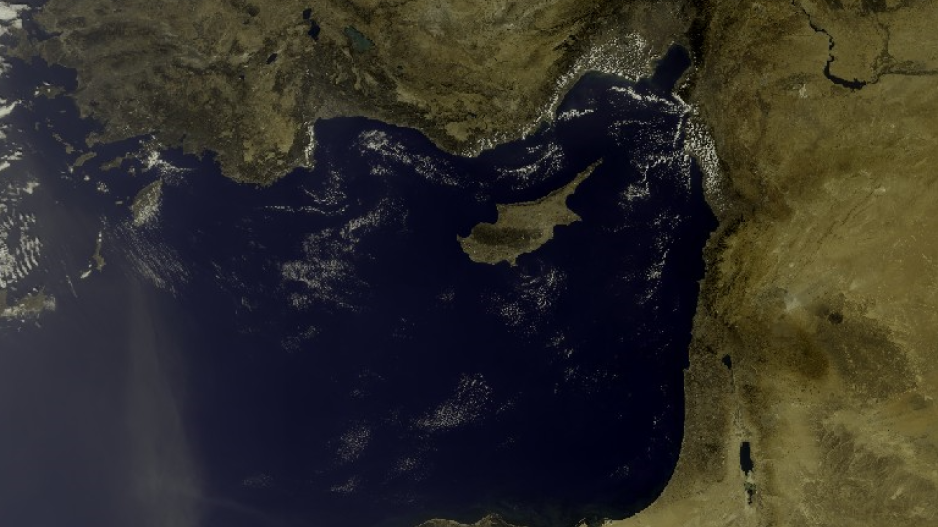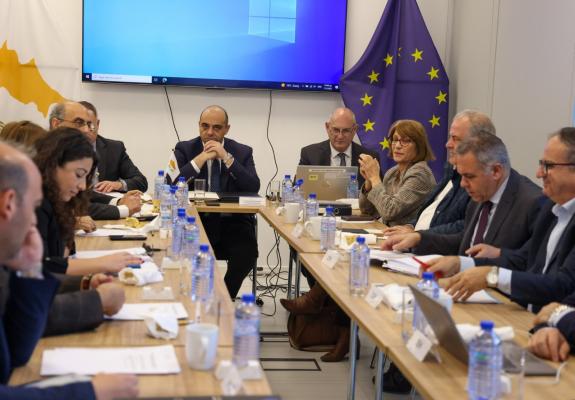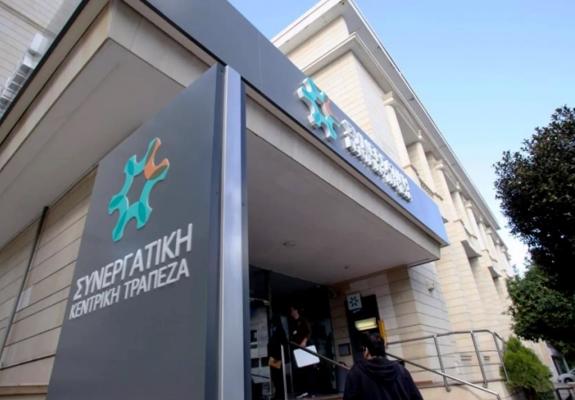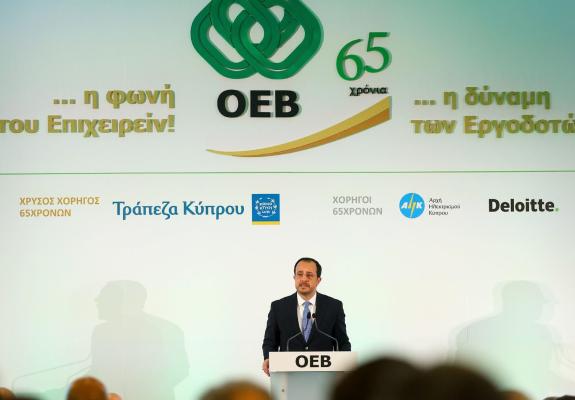MoU Signed for the Establishment of a UN Space Program Office in Cyprus
Eratosthenes Signs Agreement with UNOOSA to Strengthen Space-Based Disaster Response in the Eastern Mediterranean and Beyond
The Eratosthenes Centre of Excellence and the United Nations Office for Outer Space Affairs (UNOOSA) have signed a Memorandum of Understanding (MoU) to establish a Regional Support Office (RSO) for the United Nations Platform for Space-Based Information for Disaster Management and Emergency Response (UN-SPIDER) in Cyprus. The agreement took effect on February 17, 2025, for a period of three years.
According to the Eratosthenes Centre of Excellence, UN-SPIDER RSOs serve as regional or national expertise hubs, working alongside UN-SPIDER to provide technical advisory support, capacity building, and outreach to facilitate the use of space-based data for disaster risk reduction in their respective regions.
By integrating Cyprus into this global network, UN-SPIDER gains access to specialized knowledge and satellite technology expertise, particularly benefiting the Eastern Mediterranean, Middle East, and North Africa.
The new Regional Support Office will operate within the Eratosthenes Centre of Excellence, a leading research institution specializing in remote sensing applications using satellite and aerial technologies. Its work spans various domains, including environmental and human-induced disasters.
Through the MoU, UNOOSA and Eratosthenes will collaborate on key areas such as:
-
Emergency response and disaster risk management
-
Capacity building in space-based technologies for disaster management
-
Technical advisory support
-
Earth observation data analysis and dissemination of research findings
Dr. Marios Tzouvaras, Research Coordinator at the Eratosthenes Centre and head of the newly established UN-SPIDER RSO in Cyprus, emphasized the importance of this partnership. “This is a significant opportunity for Eratosthenes to leverage its extensive research and scientific expertise to support disaster risk management and emergency response efforts worldwide,” he stated.
“Earth observation and satellite imagery analysis provide crucial insights for reducing the risks associated with natural disasters, including earthquakes, landslides, coastal and soil erosion, wildfires, floods, and droughts. We look forward to a productive collaboration with UNOOSA to advance disaster resilience not only in Cyprus but across the Eastern Mediterranean, Middle East, and North Africa,” he added.






